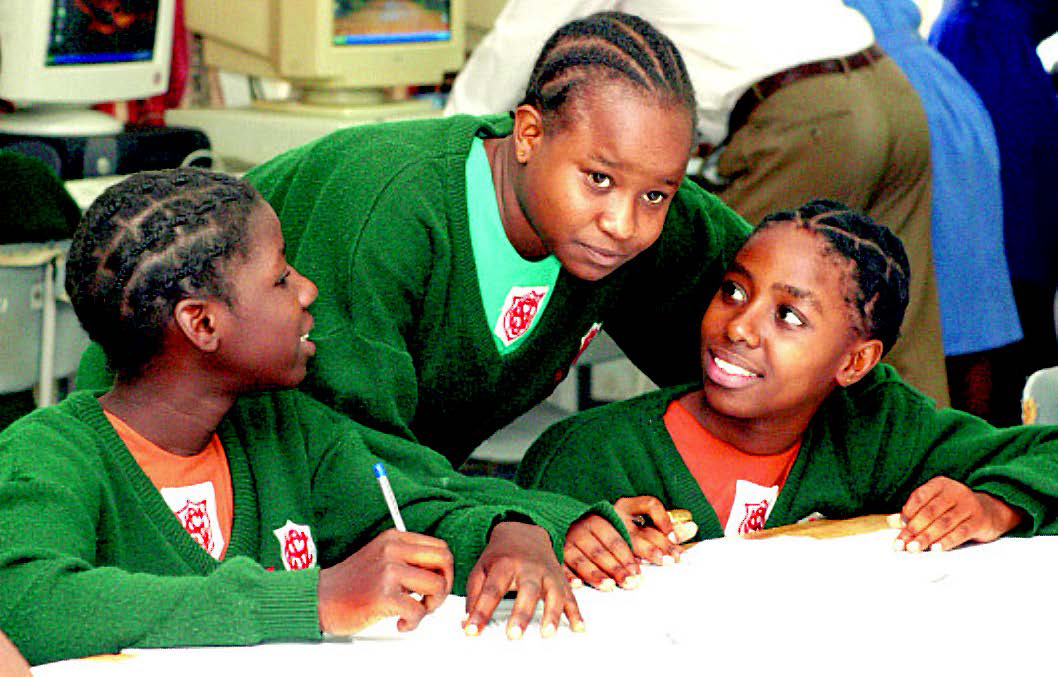Ritah Mukasa and Ibrahim Ruhweza
Kennedy Owamazima did not know he had leadership potential when he joined Makerere Makerere University Business School (MUBS) in 2019. All he was preoccupied with was passing the university exams.
He had not performed to the expectations of his parents at A’ level, and they had threatened to stop funding his education if he did not improve. But after meeting a senior lecturer who had distinguished herself as a mentor at this university, Owamazima started to feel his interest in leadership getting awakened.
“I asked her (the lecturer) to mentor me. I really needed a mentor because I lacked a sense of direction during my high school days and I did want to be in the same situation at the university,” he adds.
From that point on, Owamazima says the lecturer continued to talk with him about how the benefits of being honest and respectful to everyone could help him grow into a leader. Before the end of 2019, Owamazima says his mentor encouraged him to take up the position of a legal advisor in the association of statistics students at the university.
Owamazima, who still holds this position, says his mentor also encouraged him to compete for the position of chairperson of the students’ electoral commission 2021. “I won the contest. I now organise student elections. I think the future is bright,” he adds.
Owamazima, a third-year student of statistics thinks he would probably have realised his leadership potential early on if he had a mentor.
“I belonged to groups that did not help me in high school and that is why I did not perform well,” he adds. “I wish I had not made the mistakes I made,”
Career ambitions
Owamazima is an example of how mentorship can help students discover their potential especially if they get exposed to it early on. Shanitah Kainembabazi, a 14-year-old student at Gombe High School, says she was not comfortable holding meaningful conversations with her peers until 2020 when she enrolled on a mentorship programme delivered by Engender Girls Mentorship (EGM).
Kainembabazi, who is still on the mentorship programme designed to empower young girls, says she has now developed career ambitions and can express herself confidently.
“I have transformed into a friendly and assertive girl. I want to be a social worker and a philanthropist,” she adds. “Mentorship equips you with the knowledge while empowering you to pursue your dreams,”
Gabriella Segujja, 14, a Senior Two student at Gayaza High School, who enrolled on the same programme as Kainembabazi in 2020, says she has overcome anxieties and her confidence has greatly improved. On top of this, mentorship has helped her discover her leadership potential, she says. She won the contest for the position of shop prefect at her school last term. Like Kainembabazi, Segujja says mentorship has helped her develop career ambitions. She wants a career in journalism.
Meanwhile, Karen Nabuwembo 15, a student at St Joseph Girls Secondary School Nsambya, says the EGM mentorship has enabled her to discover her self-worth, while Alexandria Nkwanzi, 14, a student at Viva College School in Jinja, says it has boosted her self-esteem.
“I was obsessed with good grades and used to lock myself in a room to read. I now appreciate life is not only about grades. I speak in public and I am building networks with friends,” she adds.

Keeping girls in school
The testimonies of these girls on the impact of mentorship on them are backed by the 2020 report by the UN’s children’s agency, which shows that mentorship clubs have helped keep primary school girls in the classrooms in Adjuman district.
In the report, the girls say that they lacked confidence and could not manage their menstruation cycles properly before they were introduced to UNICEF’s Adolescents Development Programme. Mentorship, they add, has given them the confidence to present issues affecting them in public.
Penelope Sanyu, a mentor, says a well-delivered mentorship programme can bring out “greatness” in young people. Josephine Omunyidde, the EGM founder agrees with Sanyu, adding that mentorship is critical for personal and professional growth.
Her organisation splits girls into cohorts of around ten girls with similar career interests and mentors them over the holidays. Under the leadership provided by mentors, these girls are expected to build lasting relationships and support one another to achieve their individual dreams.
“It connects an individual who has a lot of knowledge and experience with someone who has not gained it yet,” she says.
Under mentorship, the girls are encouraged to participate in decision-making and setting goals. These tasks, according to Omunyidde, expose mentees to new situations and encourage them to deal with challenging experiences.
“Building the children’s decision-making capabilities allows them to make decisions and believe in themselves and collaborate with others,” Prudence Uyungrwoth, a social worker at Kamuli Children’s Home, says.
Bridging the gap
Mentorship, Omunyidde notes bridges the gap between academic knowledge and the labour market demands. Besides building confidence, she adds that her mentorship scheme is also designed to link girls to opportunities in “a male-dominated environment”
“It empowers girls with knowledge to overcome stereotypes and obstacles and build leadership to help girls reach their potential,” Omunyidde adds.
Benjamin Rukwengye, the founder of Boundless Minds, a mentorship organisation, says these programmes equip children with some of the 21st century soft skills – critical thinking, problem-solving, creativity, communication and collaboration.
“These skills are not (always) taught in schools yet they are important for young people to transition to work,” he says.
Rukwengye adds that mentorship programs build bonds between mentees and communities of people with “good values” to inspire others. He states that mentorship is confused with career guidance yet the former includes aspects absent from the latter.
“Career guidance is not given priority because it is not examinable,” Rukwengye adds. “Mentorship should be integrated into learning in schools,”
Career Guidance.
Although Rukwengye says career guidance is confused with mentorship, Cleophus Mugenyi, the commissioner for basic education, argues that the two are combined and delivered concurrently in public schools.
“While you are giving students career guidance and counselling you are also mentoring them. We also engage former students to mentor students at schools by sharing their success stories,” he adds. “This encourages students to behave well and work hard to succeed,”
Mugenyi adds that the students are also encouraged to engage in community service and be innovative in tackling problems in and outside of school. “All these are part of mentorship programmes to shape the behaviour of the learners,” he states.
Stephen Mwebaze, the head of vocational studies at Katooke Modern Schools in Kyenjojo, says mentorship helps students challenge misconceptions around some subjects and boosts academic performance.
“It changed the level of focus on studies among our students and improved discipline and performance in our schools,” he adds.
However, it is not only learners in primary and secondary schools who need mentorship. A 2018 study published in the International Journal of Education and Research found that Ugandan universities rarely mentor students and that learners turn to their peers for help to deal with challenging situations.
But mentorship could significantly reduce student indiscipline in universities, according to the study. “In other words, the more students in Ugandan universities are mentored, the more their indiscipline is eliminated,” the survey says.
It recommends that universities introduce mentoring services to help students productively use their freedom and free time at the university and assist institutions to appreciate students’ needs to adjust to life on campus.
Meanwhile, many private mentors charge mentees subscription fees, which might be out of reach for some parents. However, Richard Mwebesa, a consultant on business, says the children’s first mentors should be in their families. “I believe mentorship succeeds and families at the family level,” he adds.









Leave feedback about this